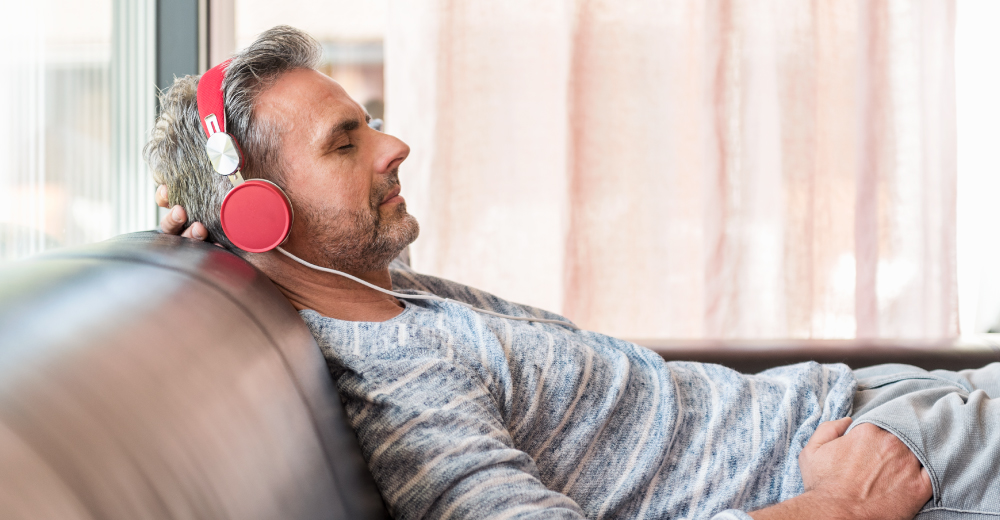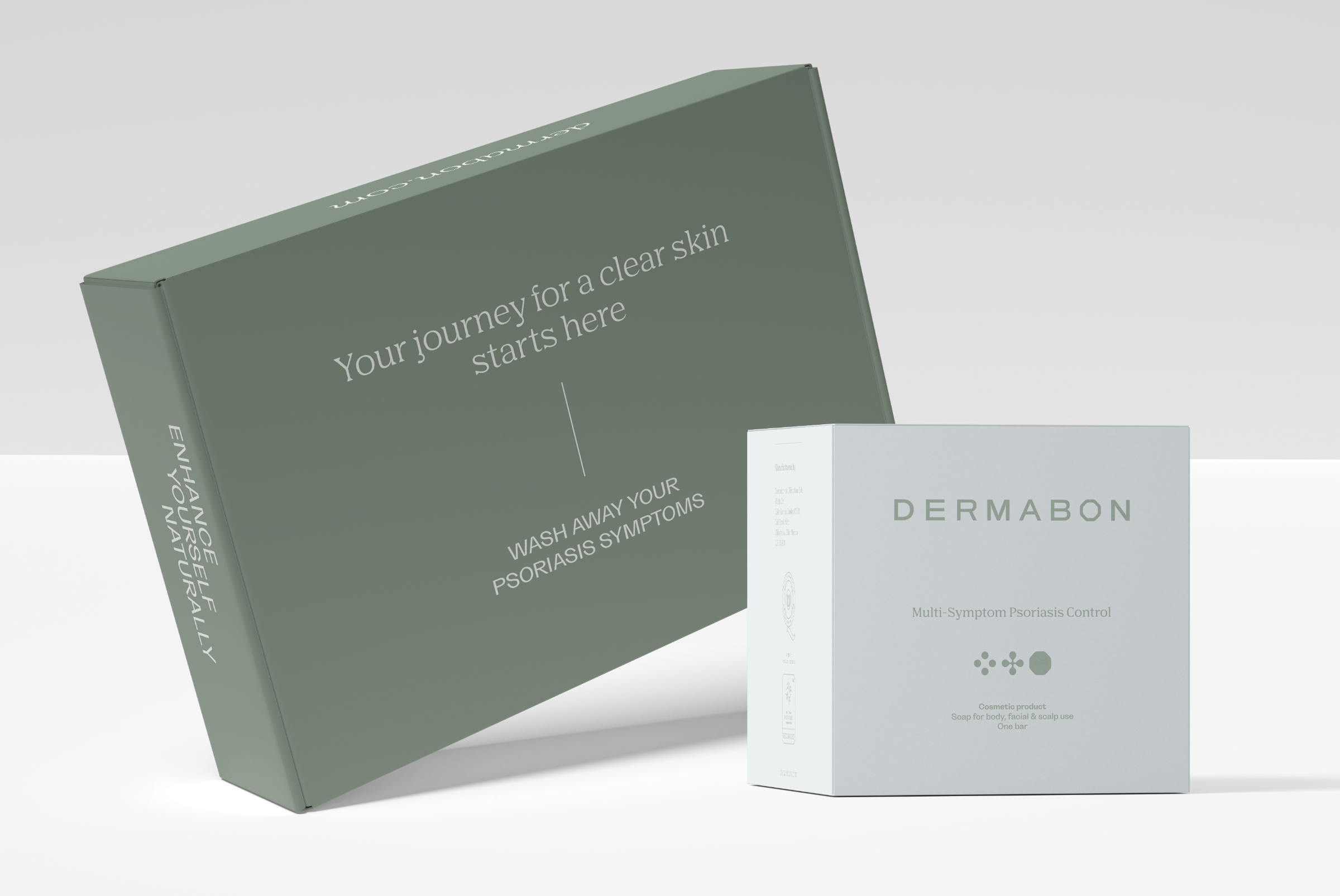Learn how others manage their Psoriasis.
Get tips for diet, exercise, and managing stress
Do’s and Dont’s for People with Psoriasis
By Multiple Authors
Jun/30/2022
Reading time: 6 minutes
Psoriasis doesn’t have to be a debilitating condition. There are studies that have shown that lifestyle changes can make a difference in the manifestation of psoriasis symptoms. Here are some tips on how to best manage psoriasis and live life well with it. Of course, no one is ever going to say that it is a *good thing* to eat unhealthily, but for psoriasis, it really can make an immediate difference. Lifestyle changes are the best place to start, since you’ll benefit in other ways regardless of its effect on psoriasis.

Our List of What to Do… and What Not to Do
DO – Keep your skin moist to avoid irritation and dryness. Itchiness and soreness come when your skin has dried out, so by using moisturizer or a humidifier, you actually have a chance to keep your skin moist throughout the day. Don’t forget to do this as soon as you get out of the shower! We also recommend you use a moisturizer that is also oil-free and fragrance-free. Moisturizers can be expensive, so it makes sense to look for one that has all of these properties in order to maximize its effectiveness.
Don’t – Scratch or itch at your sores, because that will make it worse and tear your skin open. When this happens, your chance of letting germs in and getting an infection go up significantly. And if you scratch too much, it may cause psoriasis to spread even more quickly.
DO – Sooth your skin with warm baths. A quick 15-minute soak can be enough to comfort your skin and give it some mid-day attention. Adding Epsom salts or even dead sea salts can help, and using a psoriasis-appropriate soap can definitely turn your bath in a solid daily routine that helps your treatment.
DO – Manage your stress appropriately. Exercise, diet, sleep, and water can all reduce symptoms and make you feel better in general. Although a healthy diet can mean something different to nearly everyone, you can strive towards a cleaner diet and a healthier weight without giving up too many things in the process.
DON’T – Work too hard. Stress comes from all areas of your life and if you can change the way you work to fit this, you’ll feel way better.
DO – Use sunlight – specifically UVB – to heal your scaly areas. But…
DON’T – Get too much sun that irritates your skin and makes the symptoms worse.
DON’T – Smoking has already gotten a bad reputation everywhere else, so it’s no surprise that it is also terrible for psoriasis. There is a strong relationship between quitting smoking and the reduction of flareups and lengthening of remissions. Smoking cigarettes may help you deal with stress and anxiety, but it actually makes psoriasis flare up. Smoking can cause your psoriasis to get worse by increasing the production of skin cells, which makes it easier for lesions to develop. If you have a friend or family member who smokes, consider using this as an opportunity to encourage them to quit. If they ask why to consider telling them that smoking may be contributing to their condition!
DON’T – Alcohol is a little bit of a harder one because it is still much more culturally acceptable. But not only can it make the symptoms of psoriasis worse… it can also prevent any treatments you might be taking from working.
DO – Take your medicine as prescribed. Medications are not a cure, but they can help reduce symptoms. Medications have side effects and some people will experience more severe reactions than others. Because psoriasis is an autoimmune disease, it’s important to talk with your doctor about any new medication you may be taking or thinking about taking.
DO – Communicate with your doctor. When you are diagnosed with psoriasis, your doctor will probably prescribe you a treatment plan. This can be frustrating for many people because they do not like taking medications and may feel like the treatment does not work. However, there is no need to worry as long as you are open about your concerns with your doctor and follow their advice closely. You should also ask questions if the medicine or cream prescribed does not seem to be working for you. Doctors are usually willing to give advice on how best to apply the medicine or cream so that it gets absorbed into the skin effectively without causing side effects such as allergies or skin irritation, which can make psoriasis worse over time.

Psoriasis Can be a Manageable Condition
Psoriasis is a chronic skin condition that occurs when the immune system mistakenly attacks and sheds the skin, leading to red patches covered with silvery scales. It’s important to know that psoriasis is not contagious, fatal, or life-threatening. It’s also not cancer, nor an incurable illness that will shorten your lifespan. It’s something with which you can live relatively comfortably—and if we had our way, it would be something you’d want to get rid of entirely!
Although psoriasis can be a very debilitating skin condition, there are things you can do to manage it. It’s important to take your medicine as prescribed, keep a regular moisturizing routine, and pay attention to signs of arthritis. If you have any concerns about your health or you are noticing any new symptoms, reach out to your doctor right away. Remember that the first step in managing psoriasis is getting an accurate diagnosis from an experienced dermatologist
If after following these steps there is still an issue with getting rid of psoriasis completely then it might be necessary for another health professional such as a dermatologist We recommend getting screened for any related diseases, as those may pop up without you realizing how much of a problem it truly is.
In addition to using the best products possible when treating psoriasis, it’s important to do your best not to exacerbate flare-ups by making common mistakes with your appearance and lifestyle habits. Finally, these are not hard rules. You still need to go out there and enjoy life. With these tips, that should be a little easier.
